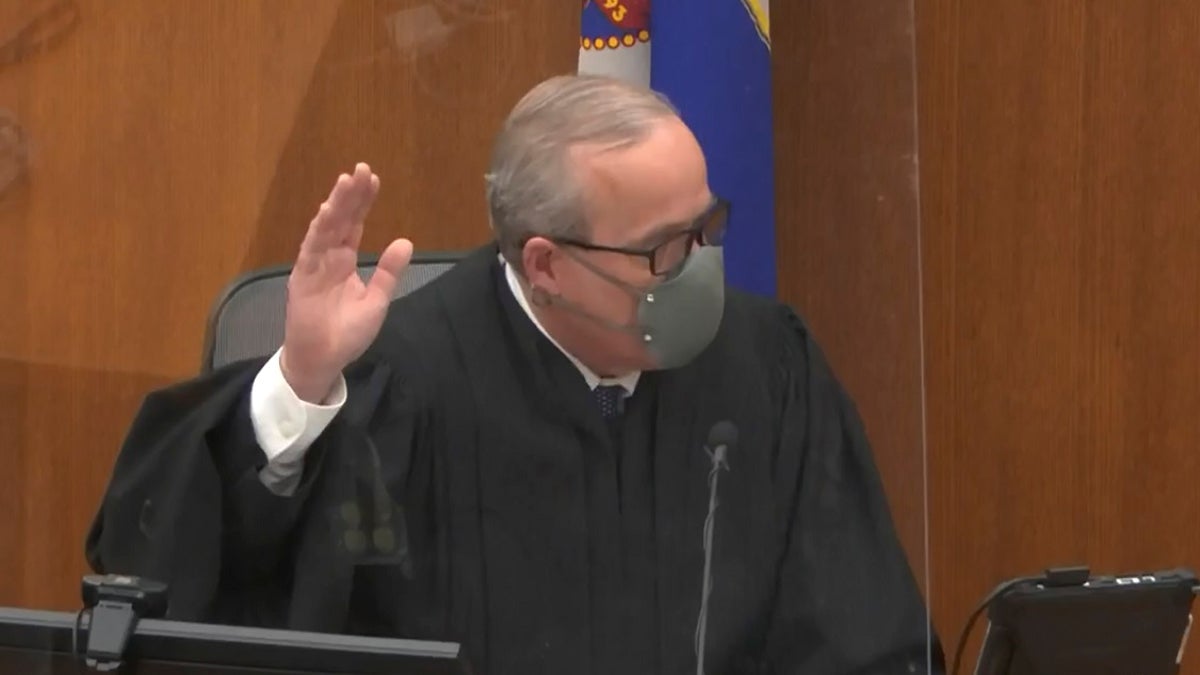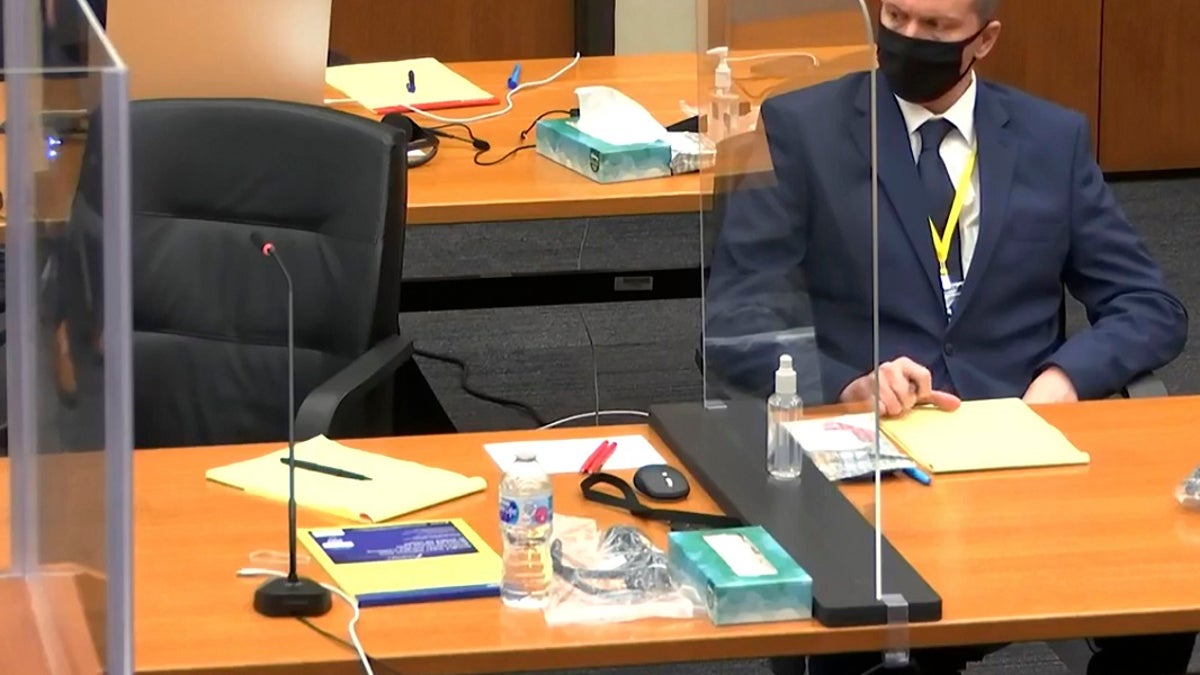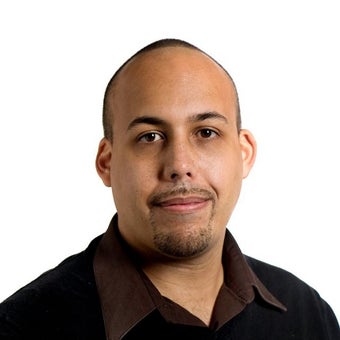Tucker: World watches Minneapolis as Derek Chauvin's trial begins
'Tucker Carlson Tonight' host takes a closer look at George Floyd's death in police custody
The jury pool in the forthcoming high-publicized trial of former Minneapolis police officer Derek Chauvin over the death of George Floyd increased to nine Monday as efforts to find impartial members continue to pose difficulties.
Attorneys must agree on 12 jurors to deliberate and two alternates. Meanwhile, a defense attorney for Chauvin asked a judge to delay the trial over last week's announcement of a $27 million settlement between the city and Floyd's family.
"I am gravely concerned with the news that broke on Friday," Eric Nelson told Hennepin County District Judge Peter Cahill. "The fact that this came in the exact middle of jury selection is perplexing to me, your honor."
The first potential juror questioned Monday was quickly dismissed after volunteering that she had heard about the settlement and presumed it meant the city didn’t feel it would win the civil case.

In this screengrab from video Hennepin County Judge Peter Cahill swears in a potential juror as he presides over jury selection in the trial of former Minneapolis police officer Derek Chauvin on March 9 at the Hennepin County Courthouse in Minneapolis. Chauvin is charged in the May 25, 2020 death of George Floyd. (Court TV, via AP, Pool)
"When I heard that, I almost gasped at the amount," she said, adding that she couldn’t promise she could disregard it.
Another juror said he was worried about the possibility that an unpopular verdict could pose safety concerns for his family and result in negative ramifications for the country. A potential male juror who was dismissed stated on a questionnaire that he agrees that Black people do not receive equal treatment in the criminal justice system and that police are more likely to use force against Black people than other members of the public.
However, when questioned he said he didn't agree with his answers but that it was his college peers who held those views.
"I’m just surrounded by an atmosphere of distrust toward the police but it’s not a belief I foster myself and it’s not something that I hold strongly to," he said. "It’s when you realize it is you just say it but don’t actually believe in it."
Other potential jurors questioned didn't mention hearing of the multimillion-dollar settlement, and neither attorneys nor the judge directly asked if they were aware of it, though the judge asked one prospective juror if he'd heard about civil litigation. The man said he did not, but ultimately was dismissed because he could not presume Chauvin innocent.
In all, five of the jurors selected so far are White, one is multiracial, two are Black and one is Hispanic. They range in age from their 20s to their 50s.
The two jurors seated Monday are a Black man in his 30s who works in banking and a White woman in her 50s who works as an executive assistant at a health care clinic and sells Pampered Chef as a side hustle.
She has a basic trust in police officers, though she recounted an incident she witnessed last summer in which four police officers responded to a park after a woman yelled at an unarmed White boy. She felt the response was excessive and that the boy was harassed. When she was told to stay back, she said she felt she wasn't "in any position to argue with an officer."

In this image from video, defendant, former Minneapolis police officer Derek Chauvin, right, listen as Hennepin County Judge Peter Cahill presides over pretrial motions before jury selection, Monday, March 8, 2021, in the trial of former officer Chauvin, in the May 25, 2020, death of George Floyd at the Hennepin County Courthouse in Minneapolis, Minn. (Court TV, via AP, Pool)
CLICK HERE TO GET THE FOX NEWS APP
She had a somewhat unfavorable view of Black Lives Matter, saying, "All lives matter to me. It doesn’t matter who they are or what they are ... we are all important in this world."
Chauvin is charged with second-degree murder, third-degree murder and manslaughter. He is accused of pinning his knee of Floyd's neck during a May 25 encounter that resulted in his death and set off a national reckoning on race and police practices that saw widespread unrest and massive demonstrations for months.
Three other officers are slated to go to trial in August on several charges, including aiding and abetting second-degree murder and manslaughter.
The Associated Press contributed to this report.



